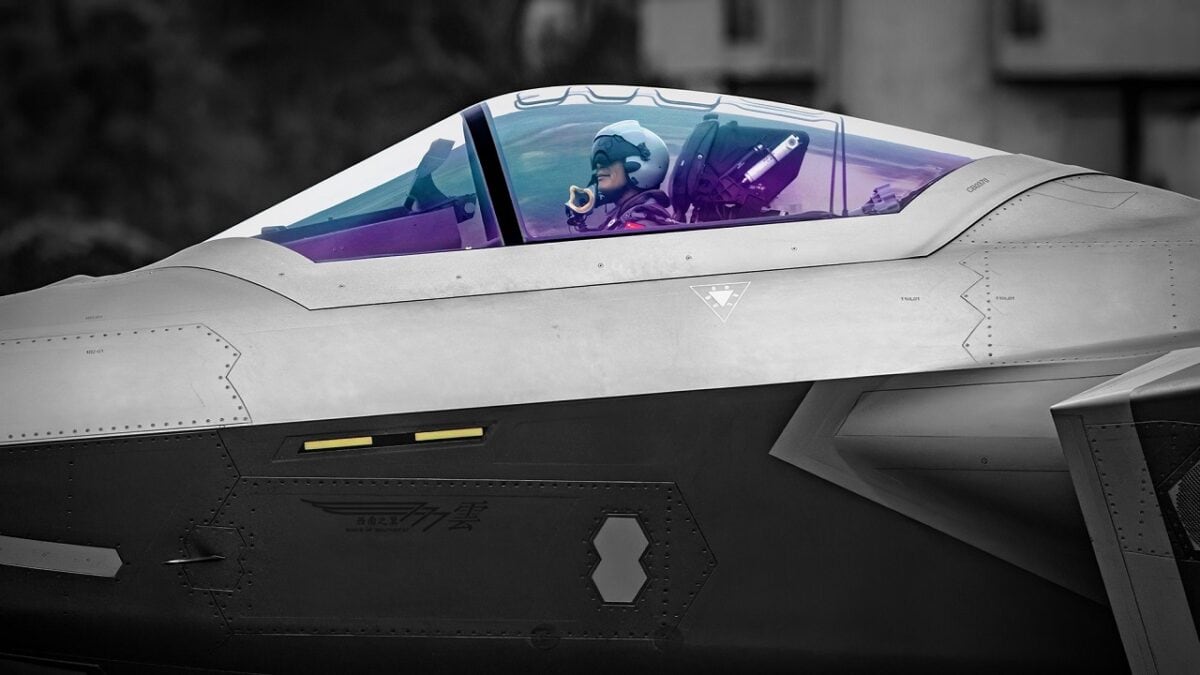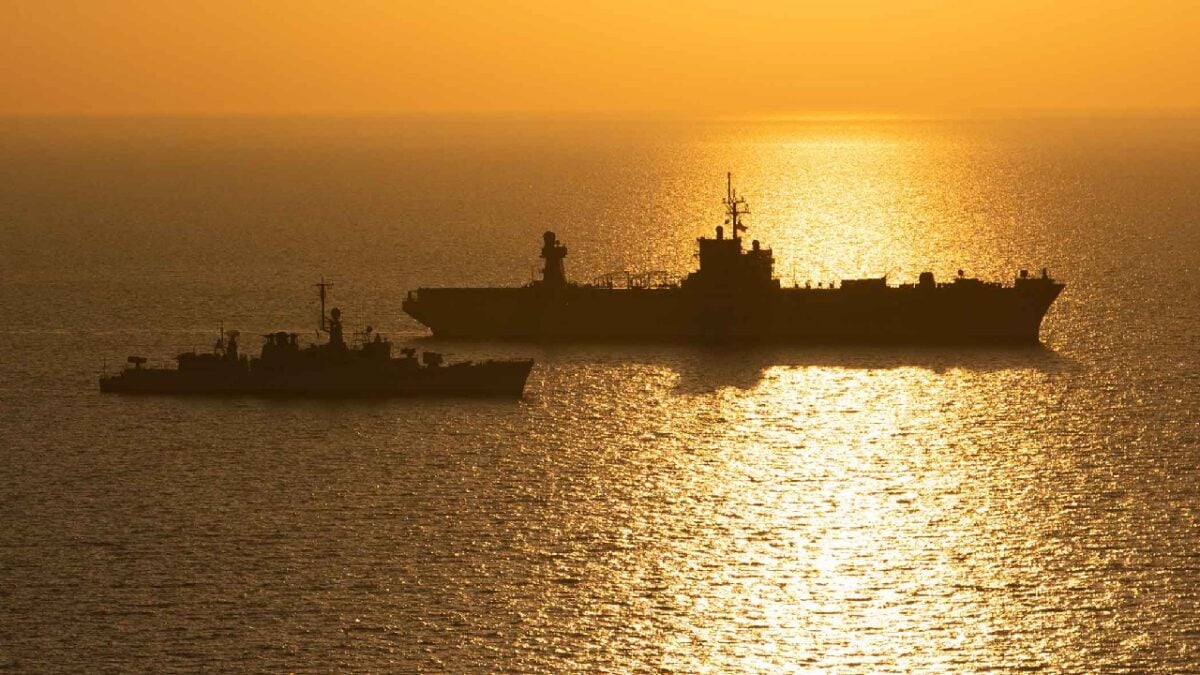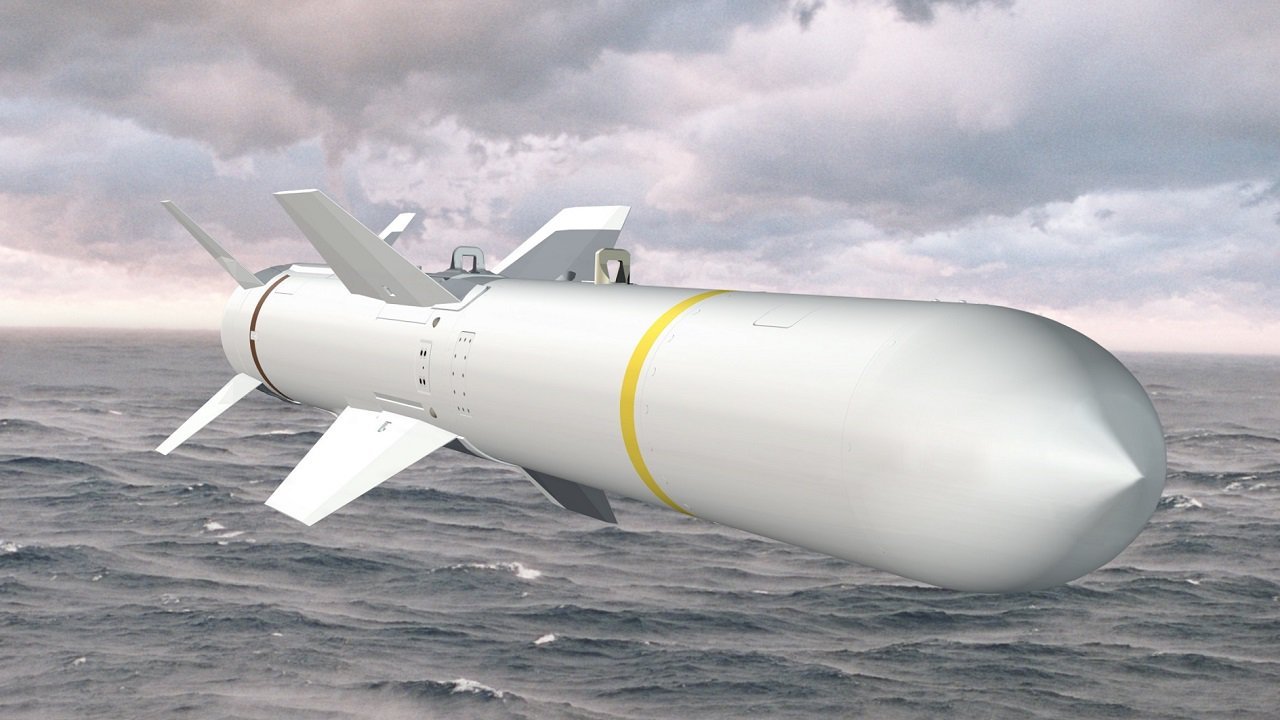Anti-Access Bubbles: An Idea Whose Time Has Come? Help others help themselves. That’s the gist of a new report out of the London-based Royal United Services Institute (RUSI), Great Britain’s premier think tank on defense and security affairs. If Britain wants to help beleaguered Asian states guard their maritime sovereignty against such predators as China, say coauthors Sidharth Kaushal, John Louth, and Andrew Young, it should supply them with “anti-access bubbles” inflated by anti-ship and anti-air weaponry, sensors, and command-and-control systems.
Yes.
Thus armed, local powers can defend offshore waters and skies apportioned to them by the law of the sea while potentially competing to better effect in the gray zone. The weak can make things tough on a stronger aggressor bent on purloining their marine territory and resources. In effect the RUSI team wants to mimic what China’s People’s Liberation Army (PLA) has done vis-à-vis the U.S. Navy and affiliated joint and allied forces. The PLA has strewn swarms of low-cost anti-ship weapons around Fortress China while constructing a sea-denial fleet founded on missile-armed submarines and surface patrol craft. PLA rocketeers can try to deter U.S. forces from coming within reach of anti-access weaponry, or make them pay dearly should they defy the threat and venture within range anyway.
Anti-Access Bubbles, The Concept
Anti-access bubbles are arcs sketched on the map or nautical chart to depict the range of a weapon system, and thus the danger zone around its firing position. The bubble’s centerpoint is where the weapon system is emplaced, and the weapon’s firing range is the arc’s radius. Swing a circle and there’s your bubble. A hostile ship or aircraft goes into harm’s way when it enters that contested geographic space.
But the logic of access denial works both ways; it’s not just a Chinese thing. Weaker coastal states can turn it against the PLA Navy and Air Force, not to mention paramilitary sea services like the China Coast Guard and maritime militia. It promises military efficacy. Better yet, Southeast Asian governments can preserve their strategic autonomy while they reclaim their sovereignty. Liberty of action is of no small consequence. Government chieftains in such coastal states as the Philippines, Vietnam, and Indonesia are acutely aware that they have to live with China forever—and that it will be a wrathful China should they side with America in the incipient great-power competition.
Instead Kaushal, Louth, and Young observe that small Asian states prefer to maintain a sort of armed neutrality whereby they enlist with neither major competitor yet uphold their sovereign rights through unilateral measures. They’re chary of alliance entanglements. And with the exception of long-time U.S. treaty allies like the Philippines or Thailand, it’s hard to blame them for taking such a standoffish stance.

J-20 Fighter. Image Credit: Creative Commons.
Wouldn’t you if you were in their place?
But it’s not all about local partners. The RUSI coauthors are trying to help the U.K. government and the Royal Navy manage a secondary theater on the cheap. Martial sage Carl von Clausewitz helps strategists evaluate how to handle less-than-paramount commitments while keeping their gaze firmly fixed on what matters most. After all, strategy is about setting and enforcing priorities. If everything is a top priority, nothing is. What I call Clausewitz’s “Three Rs” of secondary theaters go something like this: to justify the effort, such a commitment must promise exceptional reward; a contender must enjoy “decisive superiority” of resources in the primary theater to take care of affairs there; and thus it can afford to divert resources to the secondary theater without undue risk in the primary theater.
Reward, resources, risk. That’s the Clausewitzian calculus.
Europe and NATO comprise the theater that matters most to Britain, but the Indo-Pacific matters a great deal as well. It meets the first Clausewitzian test, promising exceptional reward. But the United Kingdom is a middle-rank power without decisive resources even to safeguard NATO-Europe without help. That being the case, the Indo-Pacific theater fails the Clausewitzian tests of resources and risk. By necessity it is an economy-of-force theater for the United Kingdom. The Royal Navy keeps a couple of offshore patrol vessels on station in East Asia, and occasionally a heavy task force puts in an appearance in the region. But Britain can’t afford an expeditionary battle fleet comparable to the U.S. Seventh Fleet.
Nor should it make the attempt. If London committed one of just two carrier strike groups in the Royal Navy inventory to expeditionary duty east of Suez, it would risk forfeiting security in Europe. Clausewitz would blanch at such a foolhardy undertaking. And so do British political and military leaders.
Wisely.
To conserve Royal Navy resources for European waters, Kaushal, Louth, and Young propose that the navy and British industry work togther to furnish Asian militaries with an array of low-cost armaments. In so doing London can abide by Clausewitzian strictures while still accomplishing its aims in the East. The coauthors observe that small states can afford to purchase finished weapons, sensors, and command-and-control systems, but by and large they can’t afford to develop them. Britain, they conclude, should shoulder the R&D costs while regional partners buy the hardware at a humble per-unit price.

BLACK SEA (Nov 4, 2021) The Blue Ridge-class command and control ship USS Mount Whitney (LCC 20), the Arliegh Burke-class guided-missile destroyer USS Porter (DDG-78), and the Bulgarian navy frigate Gordi (BGS 43) perform ship maneuvering exercises in the Black Sea, Nov 4, 2021. Mount Whitney, forward deployed to Gaeta, Italy operates with a combined crew of Sailors and Military Sealift Command civil service mariners in the U.S. 6th Fleet area of operations in support of U.S. national security interests in Europe and Africa. (U.S. Navy photo by Mass Communication Specialist 3rd Class Andrew Eder) 211104-N-NO067-2261
This is an eminently sensible proposal. It harvests reward while enforcing strategic discipline with regard to resources and risk. A region of fully sovereign nation-states able to provide for their own defense would have less need for outsiders like Britain or America to brace up the balance of power. That would be a welcome development all around. One hopes London heeds—and acts on—the report’s findings and recommendations.
Arm the weak—and watch the domineering weep bitter tears. Get those Anti-acess bubbles ready.
Dr. James Holmes is J. C. Wylie Chair of Maritime Strategy at the U.S. Naval War College and a Nonresident Fellow at the Brute Krulak Center for Innovation & Future Warfare, Marine Corps University. The views voiced here are his alone.

